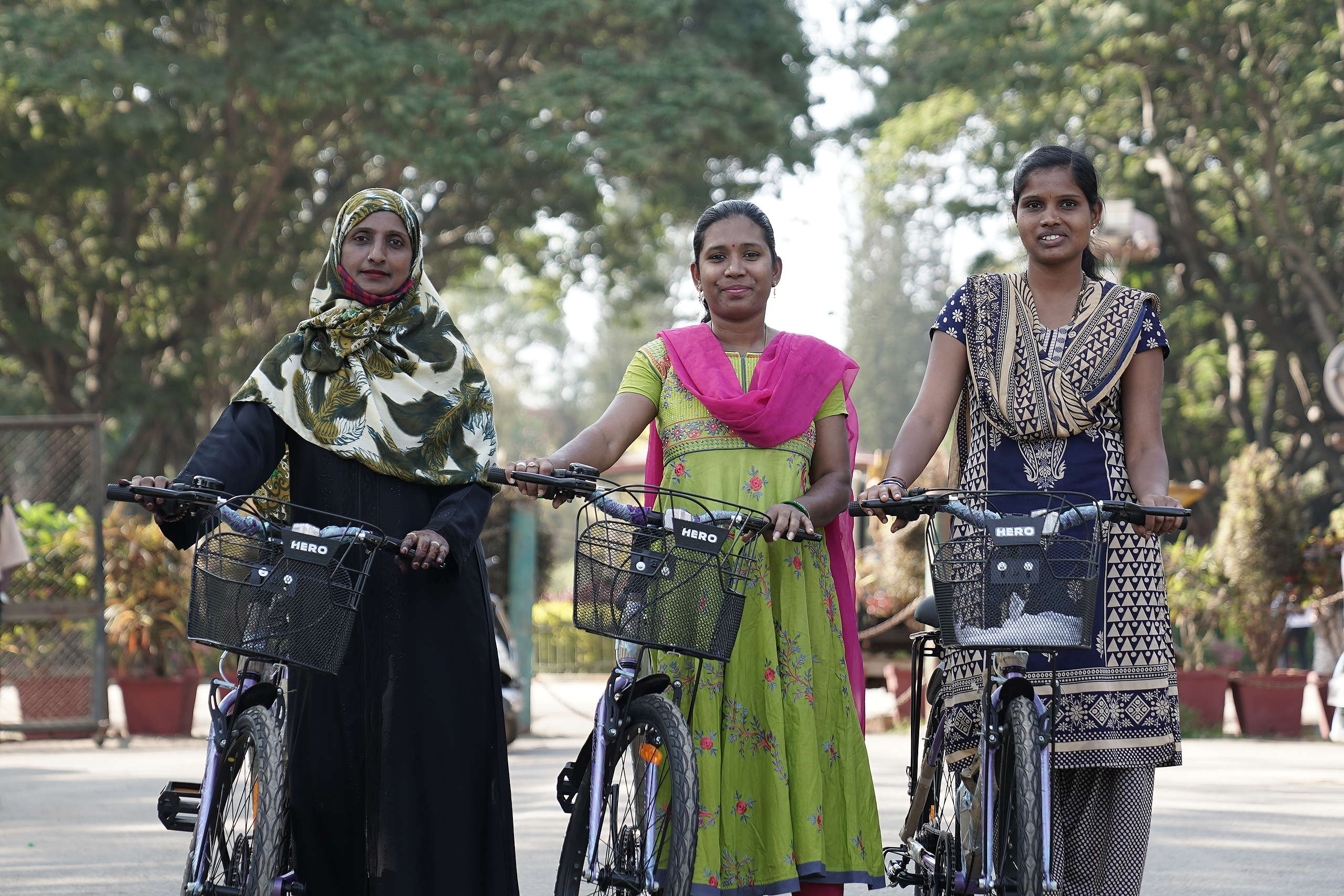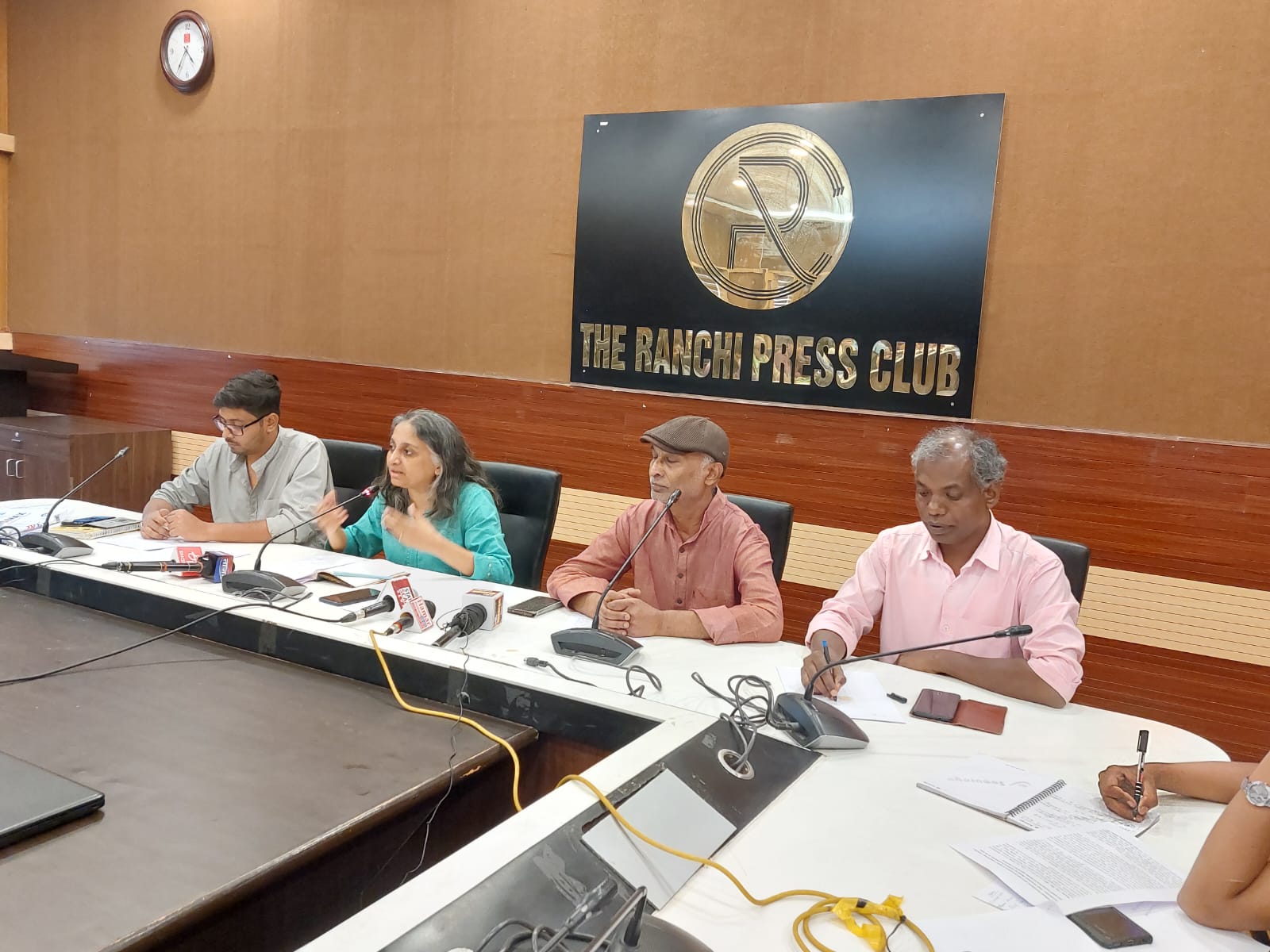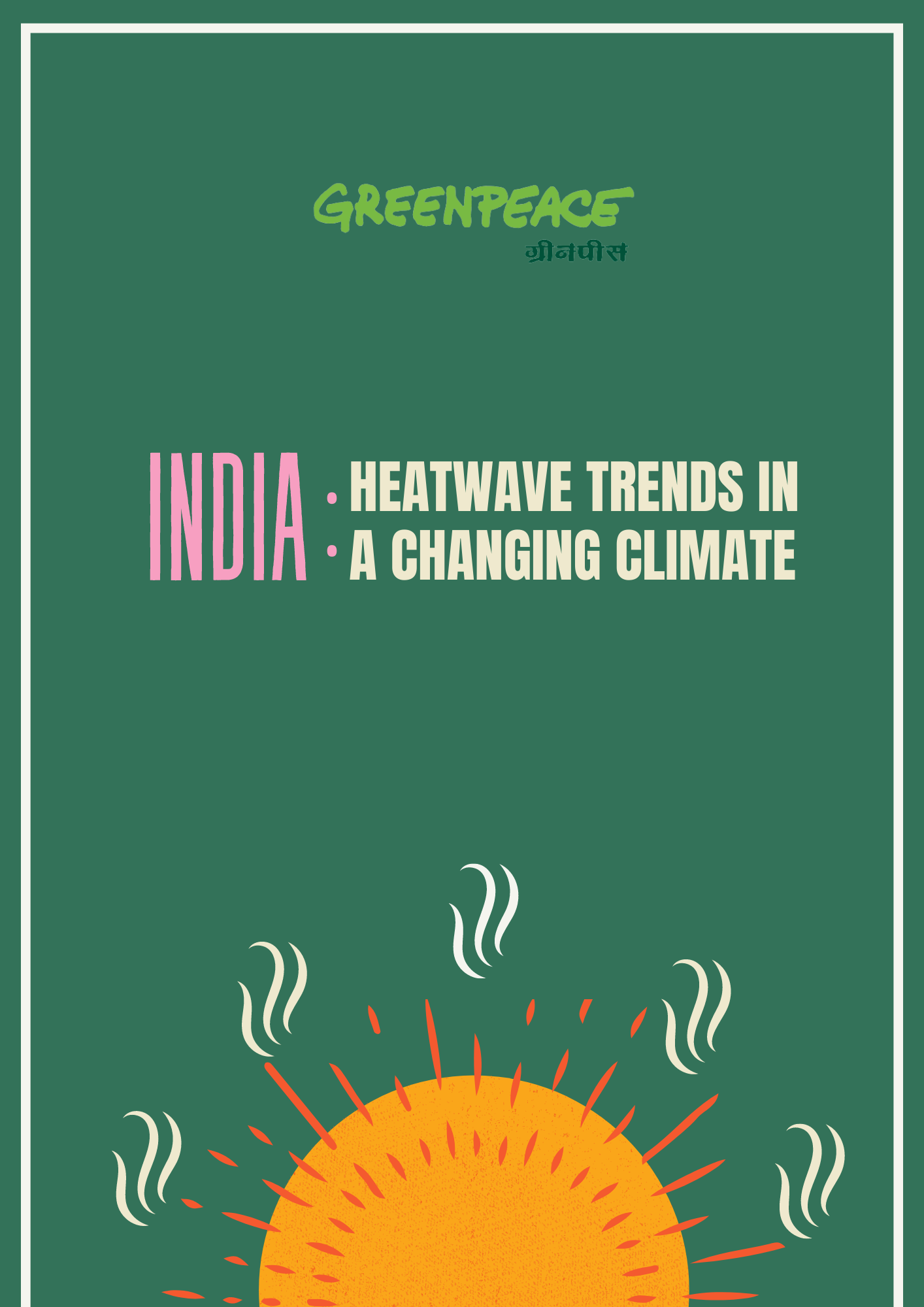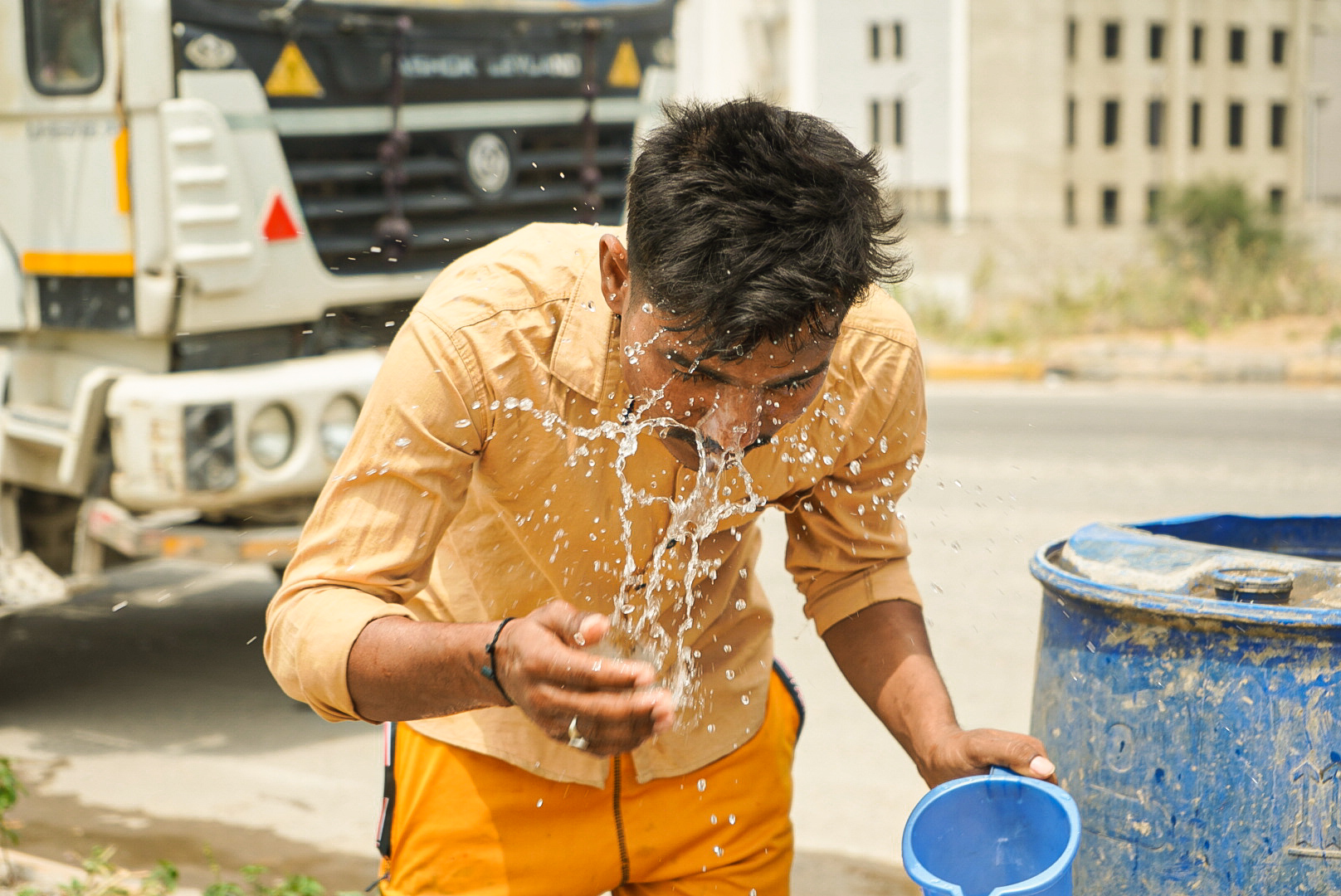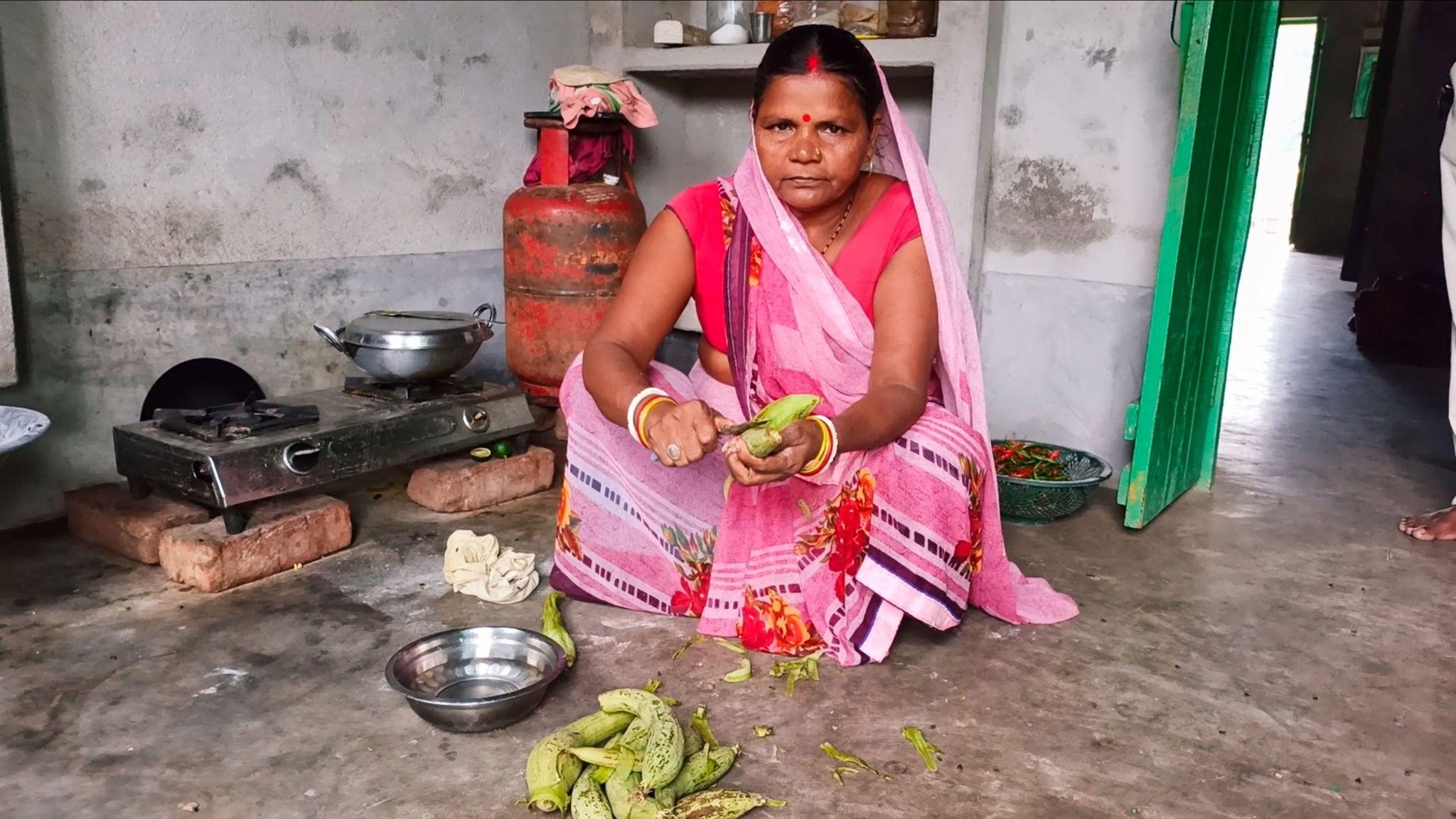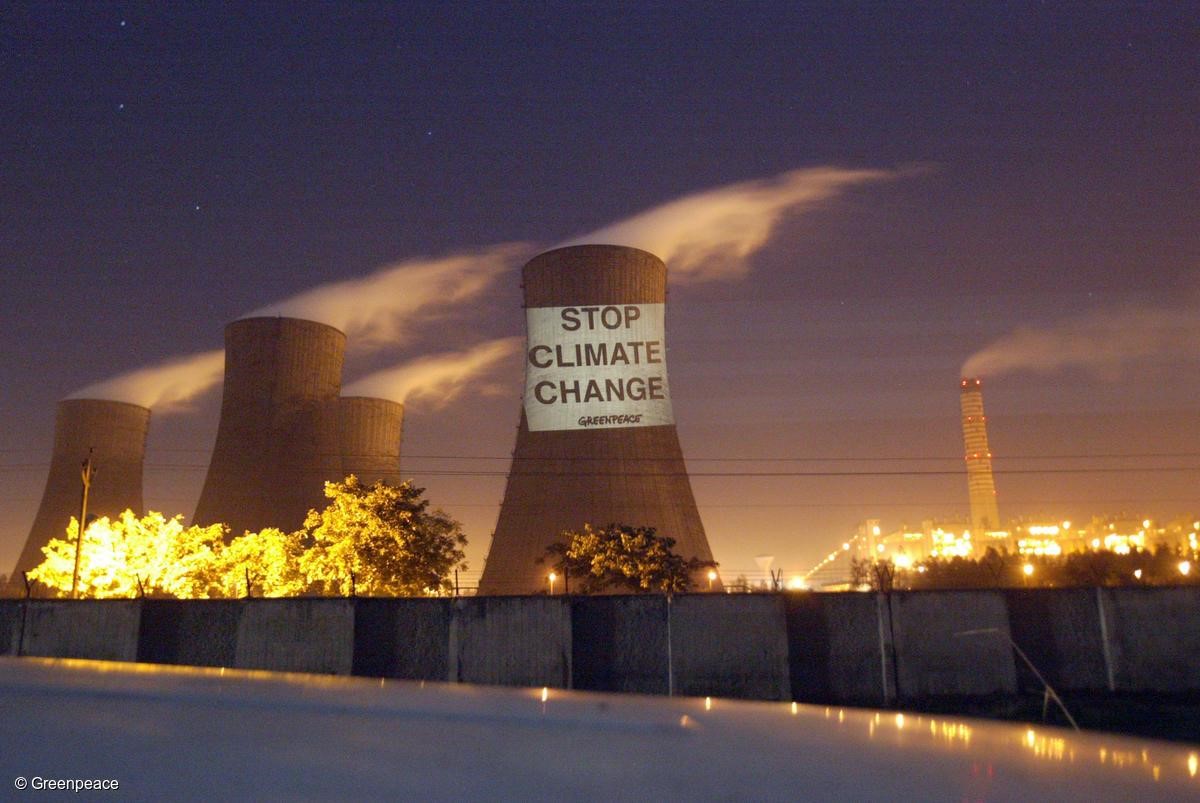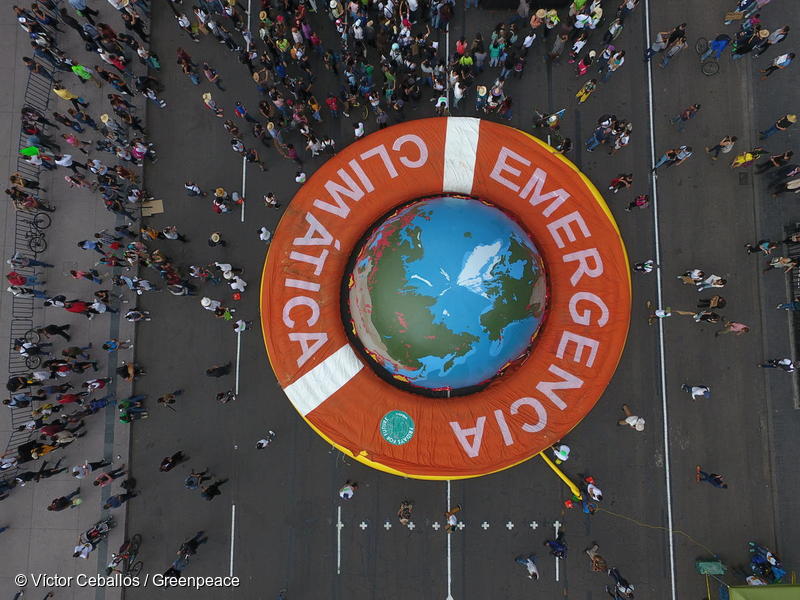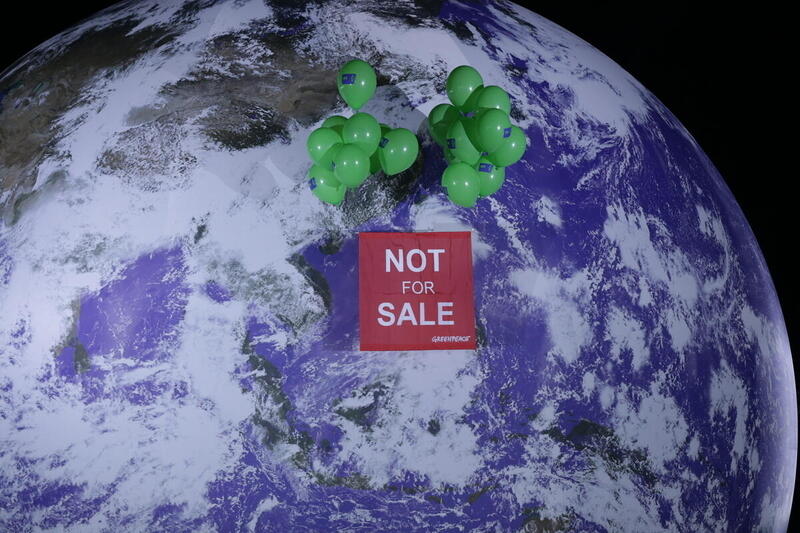Filtered results
-
Powering Change With Each Pedal
Choosing to cycle once a day can reduce an individual’s carbon emissions by 67%! Cycles also represent an accessible, sustainable mode of travel to a majority of the Indian population,…
-
Fact-Finding Report on Distribution of Fortified Rice in Jharkhand
At the end of a 3-day fact-finding visit to Jharkhand by the Right To Food Campaign (RTFC) and Alliance for Sustainable & Holistic Agriculture (ASHA-Kisan Swaraj); Greenpeace India is also…
-
Heatwave Trends In India
Greenpeace India's assessment of data shows Delhi's heatwave is a warning of worse summers to come if action to cut emissions is not taken immediately.
-
Delhi’s heatwave a warning for worse summers to come: Greenpeace India
New Delhi, May 13: Greenpeace India assesses heatwave projections based on distinctive scenarios of Intergovernmental Panel for Climate Change (IPCC) AR6 report. The projections in the scenario where CO2 emissions…
-
Indiscriminate distribution of fortified rice a dangerous move: Fact Finding Team
Ranchi, 11th May 2022: At the end of a 3-day fact-finding visit to Jharkhand by Right To Food Campaign (RTFC) and Alliance for Sustainable & Holistic Agriculture (ASHA-Kisan Swaraj), team…
-
The Women of Greenpeace India
Women constitute a large percentage of the communities highly dependent on natural resources. As the climate crisis deepens, women will be disproportionately affected by the impacts due to social, cultural…
-
IT’S TIME FOR A CYCLE REVOLUTION!
On February 27, 2022 Greenpeace India conducted a projection action on the Kempegowda tower at the busy Corporation Circle junction in Bengaluru. Lakhs of motorists pass by the busy junction…
-
IPCC report is a moment to redefine climate politics, says Greenpeace India
New Delhi, 28 February: Intergovernmental Panel on Climate Change (IPCC) in its Working Group II report, has presented the most elaborate scientific assessment of climate impacts until now. While the…
-
5 things you need know about the new IPCC WG2 report
The world’s leading climate scientists just released their latest massive assessment on the impacts of climate change and how and to what extent those impacts can be adapted to.
-
Look up! Another warning by IPCC climate scientists is heading our way
On 28 February, the second of four parts of the latest IPCC assessment will be published. The report will pick up right where the previous one left off: focusing on the impacts of the climate crisis on humanity, our homes, livelihoods and the ecosystems we depend on.

